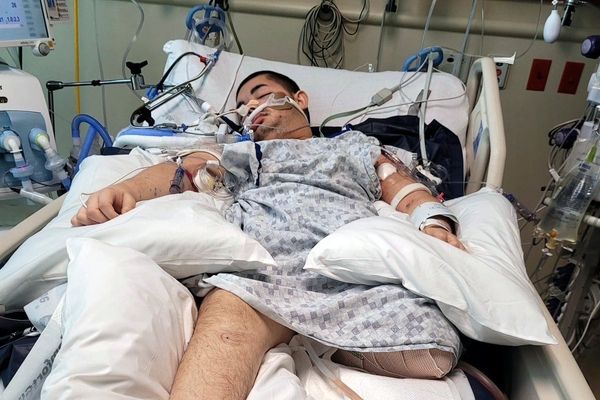“Ramamirtham Ammaiyar does not represent an ‘average’ woman activist of the Self Respect Movement, but one who marked the outer limit to which a woman activist of the movement could reach out.” Thus wrote S. Anandhi, a veteran academic specialising in women’s studies, in Social Scientist 33 years ago. Known more by her prefix ‘Muvalur’, Ramamirtham (1883-1962) was a contemporary of Muthulakshmi Reddy (1886-1968) and both shared their zeal for the abolition of the Devadasi system (dedication of girls to temples). In a sense, she could be credited with having launched a public campaign ahead of Muthulakshmi Reddy. In fact, when E.V. Ramasamy, or Periyar, introduced her to Muthulakshmi Reddy, both were in the Congress. “She was thrilled to find a kindred spirit who could also use her position to bring about a legal solution,” V.R. Devika records in her Muthulakshmi Reddy: path-breaking woman in social reform and medicine (2022), quoting from the notes of Ramamirtham. Both EVR and Ramamirtham left the Congress in 1926, says Professor Anandhi. For about five years, she was in the Congress and, like many of her generation, she was attracted by the leadership of Mahatma Gandhi.
Sold at the age of 5
Born in Tiruvarur, Ramamirtham was sold, at the age of five, by her mother Chinnammal to Aachikannu, a Devadasi, in Muvalur for, what Ms. Devika writes in her work, a princely sum of ₹10 and an old sari. Pointing out that Aachikannu brought her up “with love and care”, the author, quoting Ramamirtham’s biography Vaazhvum Paniyum (Life and Work) written in Tamil by Jeevasundari, says Ramamirtham, a quick learner, became proficient in music, Telugu, and Sanskrit by the time she was 10. When she attained puberty, she was given the formal name of Muvalur Ramamirthammal. But her full name is “Muvalur Aachikannu Ramamirtham Ammal,” Professor Anandhi observes, denoting Aachikannu was the person who raised Ramamirtham.
Marriage with music teacher
The break with her patron came when Ramamirtham reached 17 and Aachikannu then planned to get her married to a 65-year-old man. But the rebel had her own plan and she married her music teacher, Suyambu Pillai, who was already married and had children. The couple stood firm against the strong opposition from others. It was this companionship that marked a new phase in Ramamirtham’s life. In 1925, they organised a major conference in Mayiladuthurai on the issue of abolition of the Devadasi system. Thanks to Ramamirtham’s initiative, Melakkarars were renamed as Isai Vellalars. Along with her husband, she mobilised support among people of villages and towns for the Devadasi Abolition Bill proposed by Muthulakshmi Reddy. In 1936, she penned an autobiography, detailing the ills of the Devadasi system. During her campaign, it was reported that she had to encounter physical attacks by the proponents of orthodoxy. Eventually, the system was abolished in 1947 after the country became independent.
Being a camp follower of EVR, Ramamirtham threw herself into anti-Hindi campaigns staged in 1938 and 1948. She played a key role in organising the Tamilian Brigade, which marched on foot from Tiruchi to Chennai in August-September 1938. She was imprisoned for six months for her involvement in the agitation.
Political separation
Her political separation from EVR came when he, aged about 70, married Maniyammai, about 40 years younger, in July 1949. Ramamirtham joined hands with C.N. Annadurai to found the Dravida Munnetra Kazhagam. At the second conference of the DMK in Tiruchi in May 1956, Annadurai presented a silver shield to her for her social services. Six years later, she passed away.
The outstanding rebel is being remembered by the Tamil Nadu government in many ways. In 1989, the DMK government launched a marriage assistance scheme, named after her. This was meant to improve the educational status of poor girls and help poor parents get their daughters married. In September 2022, the DMK government started a flagship scheme, again named after her. By providing financial benefits to girl students to pursue higher education, this programme seeks to achieve a behavioural change leading to reduction in early marriages and arresting the low ratio of enrolment in higher education and increasing retention of girls in higher education. The scheme is aimed at empowerment of girls, especially who have studied Class VI to XII at government schools. An incentive of ₹1,000 a month is credited to the bank accounts of the beneficiaries.







